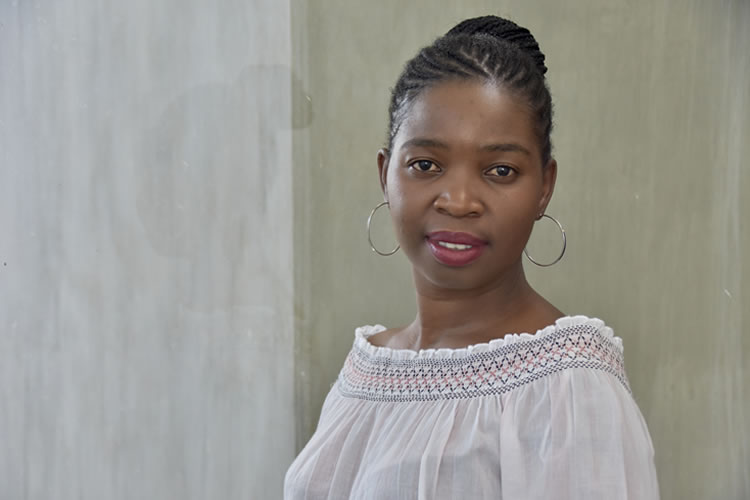The Centre for Human Rights, University of Pretoria, and the Zimbabwe chapter of the Media Institute of Southern Africa (MISA), hosted a multi-stakeholder engagement on 27 and 28 June 2023 in Harare, Zimbabwe. The engagement sought to promote a healthy information ecosystem throughout the Zimbabwean election process by enhancing access to information and promoting rights-based approaches to addressing the disinformation challenge.
The objectives of the meeting were to: facilitate a preliminary discussion on the state of access to information, disinformation, and elections in Zimbabwe including opportunities, gaps and challenges; discuss the role of electoral stakeholders in promoting access to information and other related rights for improved election integrity, credibility and transparency as articulated under the African human rights normative framework; and discuss the role of electoral stakeholders in promoting rights-based approaches to addressing information quality challenges such as disinformation. Participants were also introduced to LEXOTA, an interactive online tool that tracks and analyses laws and policies related to the restriction of freedom of expression across Sub-Saharan Africa.
Led by Nompilo Simanje (International Press Institute), Hellen Sithole (MISA-Zimbabwe), Marystella Simiyu and Hlengiwe Dube (the Centre), the participants explored Zimbabwe’s obligations on freedom of expression and access to information as provided under the international and national legal framework. In particular, the participants assessed the extent to which electoral stakeholders were complying with the Guidelines on Access to Information and Elections in Africa (Guidelines) in the 2023 electoral context. Following this discussion, the Centre introduced the upcoming research assessing Zimbabwe’s compliance with the Guidelines in the 2023 election cycle. This will be the next country study in the ongoing research series on state compliance with the Guidelines that is being undertaken by the Centre’s Expression, Information and Digital Rights Unit.
Further, the participants discussed contentious legislation including the criminalisation of the publication of false news under the Criminal Law (Codification and Reform) Act (amended in 2021 by the Cyber and Data Protection Act, 2021), and assessed them against international normative standards. The findings of LEXOTA were also instructive. The misuse of these provisions to target critical voices such as journalists, political opponents and civil society activists was raised as particularly concerning in the lead up to the August 2023 elections. The exhibited political intolerance for dissent did not augur well for electoral transparency and accountability. The gendered dynamics of disinformation and hate speech that disproportionately affected women during the election period were also discussed. The participating stakeholders were increasingly concerned about information pollution in the electoral context that was at variance with access to accurate and credible information, and the promotion of meaningful public and political participation.
Stakeholders from political parties, media (state broadcaster and private media), and civil society, also reflected on efforts to promote access to information and combat disinformation in Zimbabwe throughout the electoral cycle. The importance of proactive disclosure of information by all electoral stakeholders to not only ensure access to information but to curb disinformation was emphasised. Another fronted strategy included the use of digital technologies for debunking, fact-checking and information verification. Some of the stakeholders discussed measures adopted to enhance media and information literacy, and responsible use of digital media among the electorate and the general public. Participants were also encouraged to promote adherence to the Freedom of Information Act and international and constitutional human rights obligations on access to information and freedom of expression. In concluding the meeting, the facilitators and participants discussed a policy brief on promoting rights-based approaches to disinformation in Zimbabwe.

Expression, Information and Digital Rights Unit
Tel: +27 (0) 12 420 4199
Fax: +27 (0) 86 580 5743
hlengiwe.dube@up.ac.za

Project Officer: Expression, Information and Digital Rights Unit
Tel: +27 (0) 12 420 3810
Fax: +27 (0) 86 580 5743
marystella.simiyu@up.ac.za

![[in picture: Participants of the Multi-stakeholder engagement]](/images/centrenews/2023/healthy-information-landscape.jpg)
